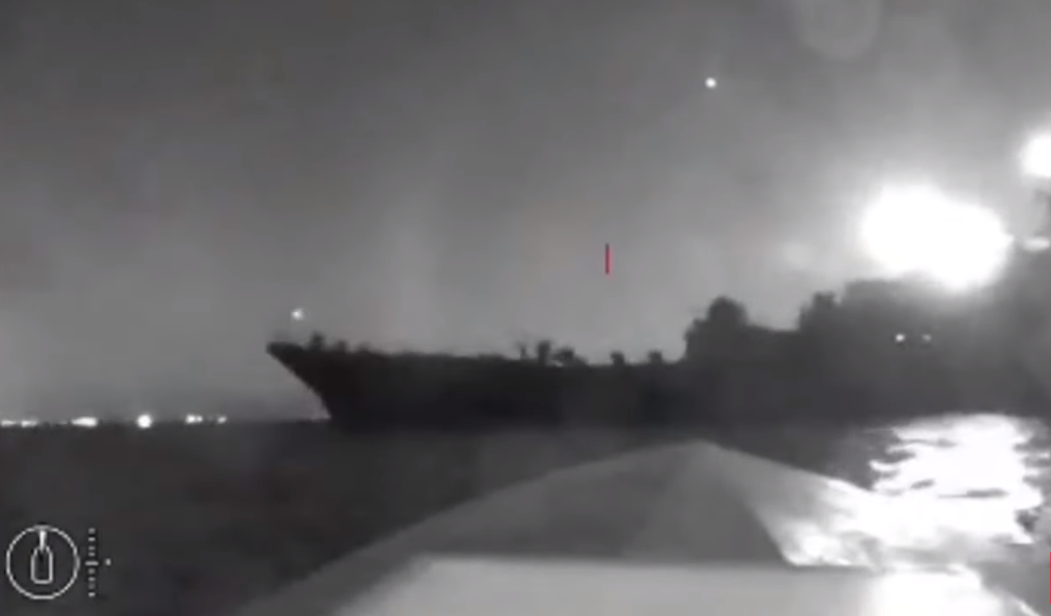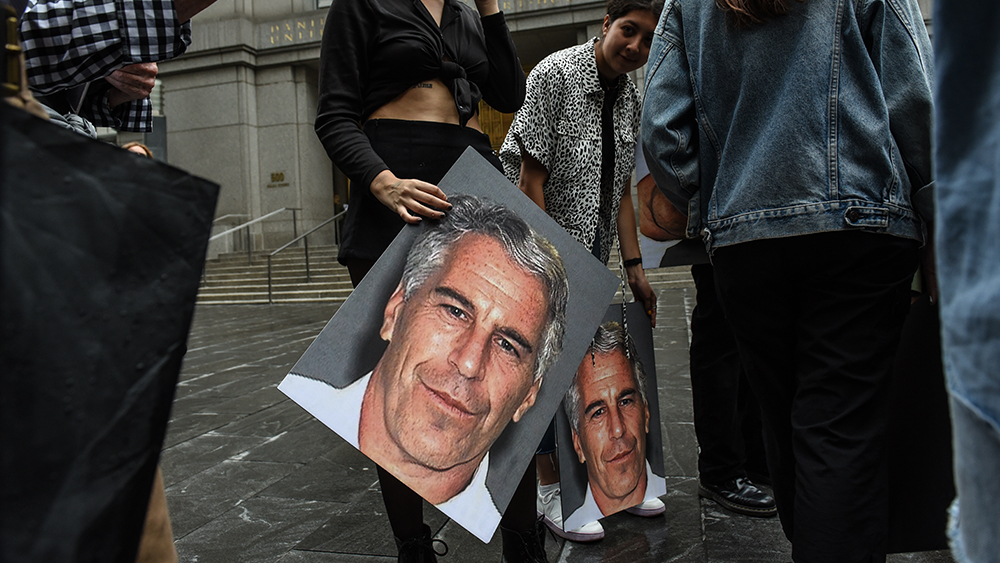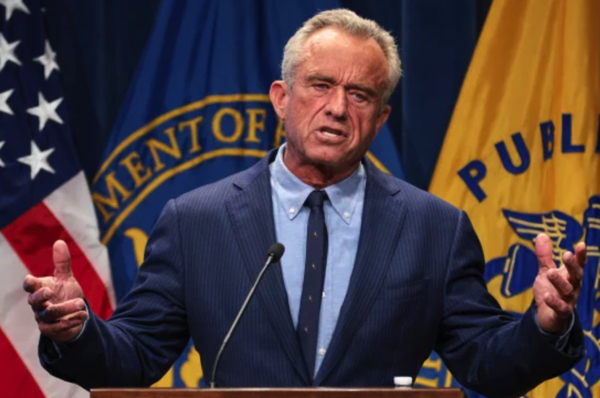 Parler
Parler Gab
Gab
- The U.S. Justice Department has issued a legal opinion justifying military strikes on suspected drug-trafficking boats and providing immunity for personnel.
- These operations have resulted in dozens of fatalities, bypassing traditional law enforcement interdiction and prosecution.
- Legal experts and international allies are raising alarms that these actions may violate international law and set a dangerous precedent.
- The core conflict pits the goal of disrupting drug flows against the constitutional guarantee of due process for all accused individuals.
The constitutional foundation at risk
At the heart of the American justice system lies the Fifth Amendment, which plainly states that no person shall be "deprived of life, liberty, or property, without due process of law." This is not a conditional right reserved only for citizens on U.S. soil; it embodies a principle of fundamental fairness that defines the nation's legal character. The current policy of authorizing lethal force against suspected traffickers based on intelligence, rather than after a judicial proceeding, effectively replaces the gavel of a judge with the crosshairs of a drone. This creates a scenario where the federal government assumes the roles of investigator, judge, jury, and executioner, all in a single, fatal stroke. Where is the line between a justified military engagement and an extrajudicial killing when the suspects are not uniformed soldiers of a recognized nation but individuals accused of a crime?From policing to a militarized war on drugs
Historically, the U.S. approach to maritime drug interdiction has been led by the Coast Guard, an agency equipped to board vessels, seize contraband, and detain suspects for prosecution in federal court. This process, while arduous, operates within a framework of law that presumes innocence until guilt is proven. The recent shift to airstrikes, resulting in at least 76 deaths according to reports, represents a dramatic militarization of this effort. The Trump administration's declaration of a "non-international armed conflict" against drug cartels is the legal linchpin for this new strategy, but critics argue it stretches the definition of armed conflict beyond recognition. This reclassification transforms a criminal justice challenge into a military one, thereby invoking rules of engagement that sidestep the protections of the criminal justice system. If any boat can be sunk on suspicion alone, what prevents this power from being misapplied? The precedent set is a dangerous one, suggesting that the government can designate any criminal enterprise as a combatant and suspend constitutional safeguards. The international community is watching with unease. Allies like France have openly expressed concern that the U.S. actions risk breaching international humanitarian law. This external scrutiny mirrors a necessary internal debate. A government that can gun down suspected criminals without due process is a government that has taken a profound step away from its own constitutional moorings. The desire to see drug lords brought to justice is righteous, but that justice must be administered by the courts, not by missile fire. The rule of law is what separates a civilized society from the very lawlessness it seeks to combat. Ensuring that the fight against drugs is conducted within that legal framework is not an obstacle to victory; it is the definition of what we are fighting to preserve. The pursuit of safety must not come at the cost of the principles that make the nation worth defending. Sources include: YourNews.com Verdict.Justia.com Enoch, Brighteon.aiEpstein explicitly claimed Trump was aware of his illegal activities in newly released emails
By Jacob Thomas // Share
RFK Jr. and the fight against vaccine corruption: An inside look with Dr. Brian Hooker
By Kevin Hughes // Share
China issues military warning to Japan over Taiwan intervention
By Patrick Lewis // Share
The algorithmic leviathan: How cheap, biased AI threatens democracy and your job
By Willow Tohi // Share
Governments continue to obscure COVID-19 vaccine data amid rising concerns over excess deaths
By patricklewis // Share
Tech giant Microsoft backs EXTINCTION with its support of carbon capture programs
By ramontomeydw // Share
Germany to resume arms exports to Israel despite repeated ceasefire violations
By isabelle // Share









